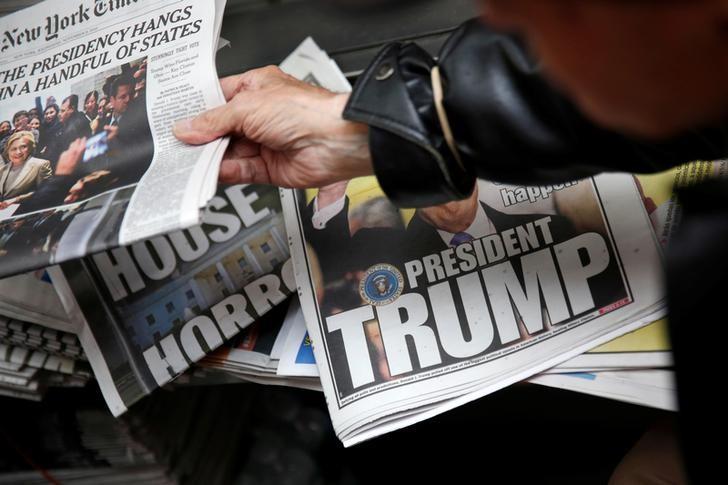
The research, published in the science journal PLOS ONE, includes responses from 16, 584 New Zealanders from the New Zealand Attitudes and Values Study [NZAVS].
According to the authors, “widespread representations of Muslims in the news were contributing to lower acceptance”. The study’s conclusion was deemed emotional by the authors since it was based on New Zealanders who are generally “highly tolerant”.
Muslim US Marine answers strangers’ questions in effort to fight Islamophobia
The lead author, Dr John Shaver said that “people tend to interpret the news in ways that fit with their pre-existing biases, seeking affirmation of their beliefs while discounting conflicting information.”
”New Zealand is a good test for speculation about media-induced Muslim prejudice because of its overall highly tolerant people. If anything, tolerant Kiwis might tend to reject intolerant stereotypes, reducing the effect of the media,” the University of Otago lecturer added. "However we find that the association of prejudice towards Muslims with more media exposure holds across the political spectrum, and is specific to Muslims.”
He said it indicated that the “widespread representations of Muslims in the news contributing to lower Muslim acceptance, rather than any partisan media bias”. The media, according to Dr Shaver, tends to “publish violent stories because violence sells”.
'We will have none of it': fear, optimism among US Muslims
He was backed by the co-author on the research, Professor Joseph Bulbulia of Victoria University in Wellington. “Sadly, there may be real-world consequences for Muslims in this country, people who encounter prejudice across their daily routines, at the workplace, and in their children's schools.”
"Though un-making prejudice is difficult, we hope these results challenge the media to present fairer representations of Muslims," explains Bulbulia.
This article originally appeared on the Independent.

















COMMENTS
Comments are moderated and generally will be posted if they are on-topic and not abusive.
For more information, please see our Comments FAQ